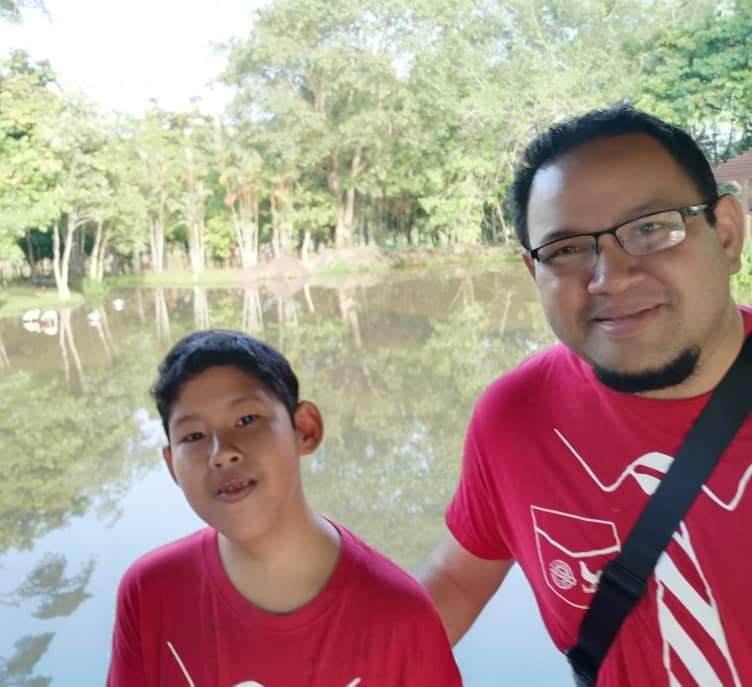Many of the people we work with at IPWSO observe the month of Ramadan. How does the period affect families and in particular how does the aspect of fasting affect people with PWS?
Azhar Talib from PWS Malaysia told us more:
Fasting during the month of Ramadan is a requirement in Islam for every able Muslim. It is part of the act of worship, one of the five pillars of Islam which are required to be followed.
During Ramadan we need to start fasting from Fjr (early morning before sunrise) and fast all day until sunset in the evening. It is mandatory for all Muslims to practise the fasting exercise unless you have a valid reason or health issue.
In Islam we also believe that fasting gives health benefits during Ramadan, to detoxify our body, lower cholesterol, lasting appetite reduction, boost up our brains and later to improve our nutrient absorption in the body.
For our families including people with PWS, there may be several benefits:
1) this is a good time/period to guide people with PWS on food security/barriers to accessing food. There is less food in the house and easier to control access to it,
2) it is also a good way to train them for a strict diet,
3) we can also refer to Intermittent Fasting in terms of the health benefits.
Generally, we start training our kids from seven years old or earlier to begin fasting. But it is certainly a real challenge to get them to practise. I posted on our Facebook page on how one girl experienced fasting.
Initially the child will try to practise for half a day and then try to extend for the full day of fasting later.
In the example of Aina in our Facebook post, she started when she was seven years old and managed to perform full day fasting at the age of nine years. We also heard the example of Afiq who is 17 and also successfully fasts.
At the end of Ramadan we hold the celebration of Eid. We need to prepare and bring along food that is suitable for the diet of people with PWS and make the surrounding people understand about PWS. So that is another challenge!
————————————————————
Of course there are other times when fasting may be required due to religious or medical reasons.
Prof. Varda Gross-Tsur from the Israeli National PWS Multidisciplinary Clinic got in touch with us at IPWSO, to tell us about the experience in Israel with the Jewish PWS population who are able to successfully fast for 25 hours during Yom Kippur, the holiest Jewish holiday. She noted that “the ability of individuals with PWS to fast is fascinating and as we know it’s easier for them not to start eating than to stop a meal”.
Prof. Gross-Tsur pointed to a journal article titled, “Individuals with hyperphagia can voluntarily fast: Experience from Prader-Willi Syndrome”, by Fortu Benarroch et al from 2012 which is available online.
The study authors were surprised to see how many people with PWS took part in the fast over Yom Kippur, which is voluntary and despite there being many exemptions from doing it for example for medical reasons.
The people with PWS that they followed also took part in the fast for no particular reward. The authors followed 32 participants for the study, out of which 22 successfuly completed the fast.
————————————————————
If you have any stories to add about fasting for religious or other reasons do get in touch to share your story.



